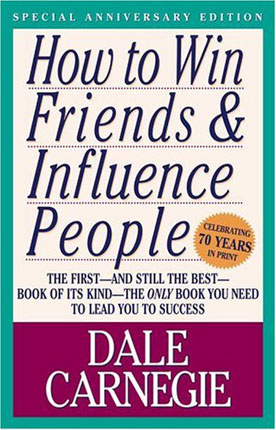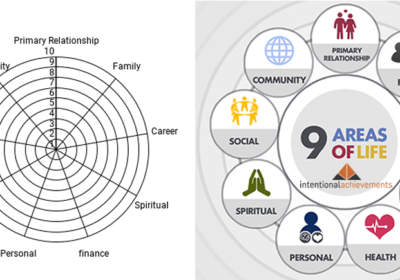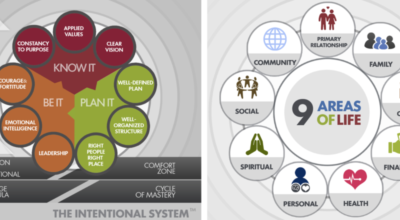One of my clients just finished up a training series with me on the first half of a set of skills to improve professional and personal relationships—Communications. We are now moving into training on the 2nd skill-set—Human Relations/Interpersonal Skills. Contrary to popular opinion, they are not the same. Communication is the “transference of thoughts, feelings, and ideas from one to another through the use of signs, signals, and symbols”. Interpersonal skills are a set of action-based principles to positively influence how you and I interact with each other. While the main purpose of communication is to ‘create understanding’, the main purpose of interpersonal skills is ‘to bring us closer together and create greater meaning and harmony between us’. Together, better communications and improved human relations skills will be the way we mend the brokenness so many of us are seeing, and maybe experiencing, in our companies, families, and society in general.
 To study human relations skills, we turn to the man who literally wrote the book on the subject—Dale Carnegie. Written in 1936, “How to Win Friends and Influence People” has become one of the go-to texts if you want to succeed in your personal and/or business life. Carnegie’s philosophy was simple—you can’t change someone else; you can only influence their change by changing yourself. If you want to change other people’s behavior — without relying on manipulation and deceit — place empathy and attention at the core of all your human interactions. Because “when dealing with people, let us remember we are not dealing with creatures of logic. We are dealing with creatures of emotion, creatures bristling with prejudices and motivated by pride and vanity.”
To study human relations skills, we turn to the man who literally wrote the book on the subject—Dale Carnegie. Written in 1936, “How to Win Friends and Influence People” has become one of the go-to texts if you want to succeed in your personal and/or business life. Carnegie’s philosophy was simple—you can’t change someone else; you can only influence their change by changing yourself. If you want to change other people’s behavior — without relying on manipulation and deceit — place empathy and attention at the core of all your human interactions. Because “when dealing with people, let us remember we are not dealing with creatures of logic. We are dealing with creatures of emotion, creatures bristling with prejudices and motivated by pride and vanity.”
We start where Dale Carnegie himself started, with the 3 Cs—Don’t Criticize, Condemn, or Complain. This is the first of his 30 principles and is the only one written in the negative, starting with the word ‘don’t’. The reason is simple when you think about it. It is impossible to practice the other 29 positively worded principles if you are constantly criticizing, condemning, and complaining.
If you want to practice along with my client, write the 3Cs [Don’t Criticize, Condemn, or Complain] on a 3×5 card and carry the card with you for a week—as a reminder. Every time you violate one of the Cs, put a checkmark on the back of the card. At the end of the week, add up the number of times you added negativity to your environment. If you are like most of us, you will find two glaring revelations. One, you criticize, condemn, and complain more than you think you do. And two, there is much more negativity around you than you realized. We have become almost immune to the negative influences all around us and how they subtly, and not so subtly, affect us. They chip away at our core goodness. Even the slightest negative attitude, word, or deed tears at the very heart of our relationship with ourselves and our fellowman.
Let’s not let that happen to us. Let’s mend relationships both personally and professionally by practicing some of the simplest, yet most profound, interpersonal skills ever written. Practice along with us as we add a new principle every Wednesday. To get a deeper understanding of each principle you are working on, read the corresponding chapter in How to Win Friends and Influence People each week. There you will find practical, true-life stories illustrating the meaning of the principle and giving you examples of how to apply it in your own life. Join us on this journey and discover just how much better your life can become.



